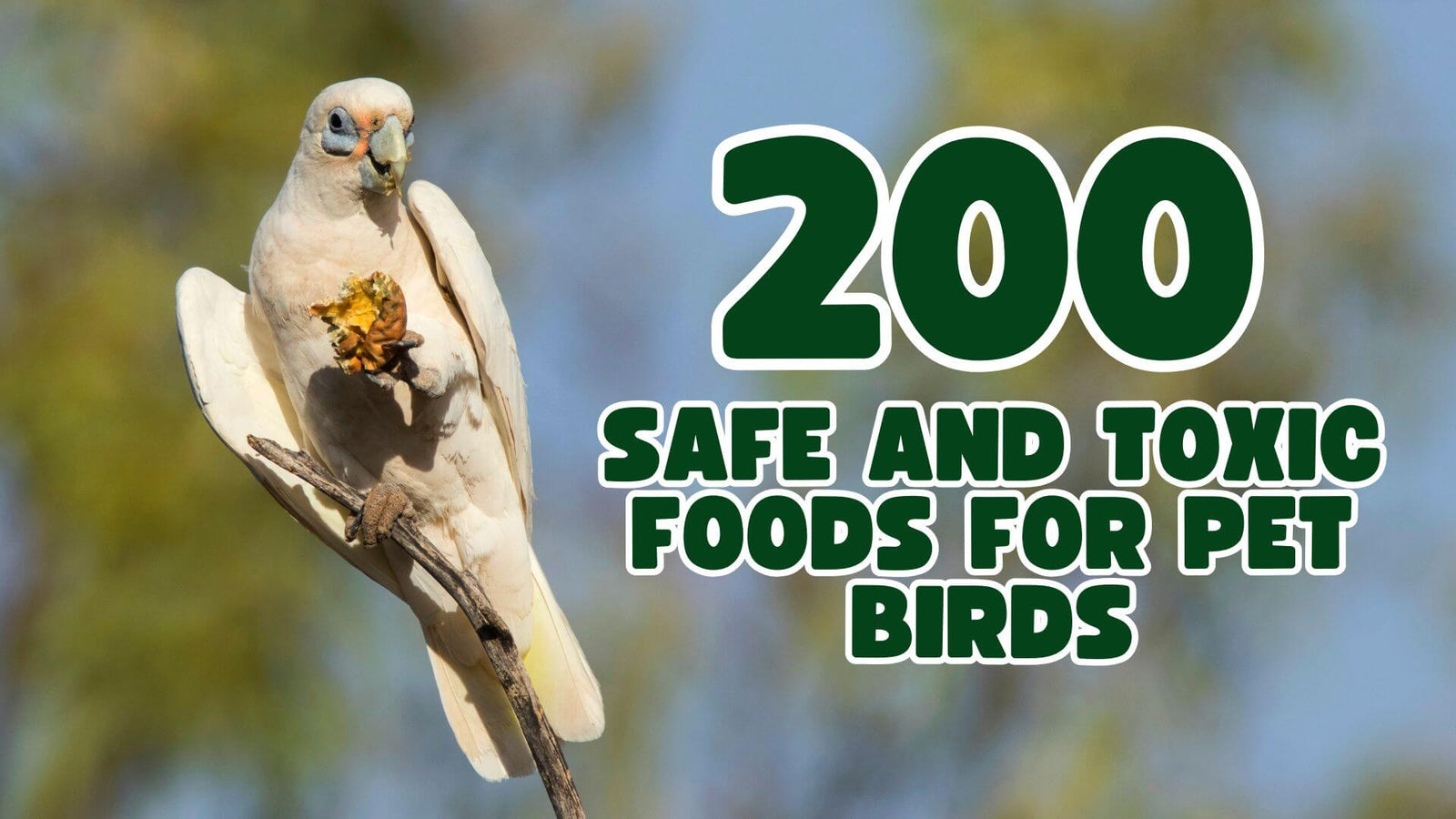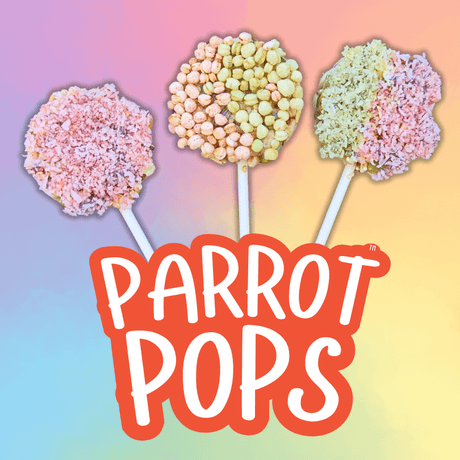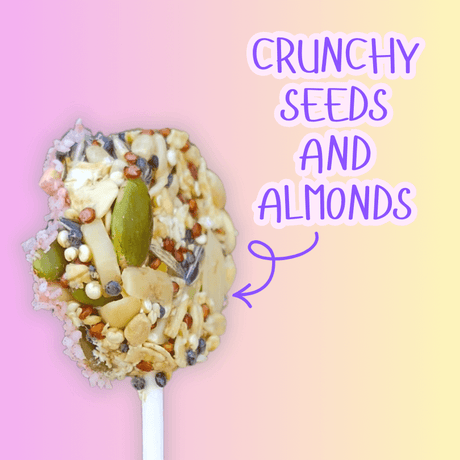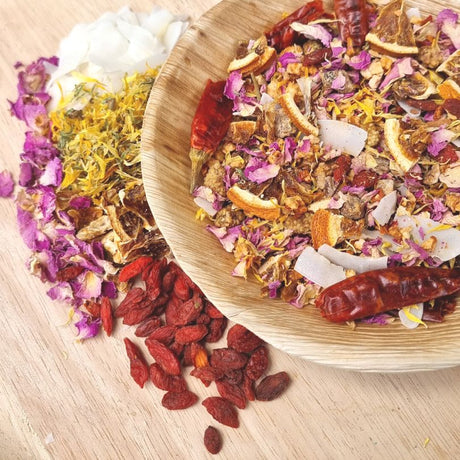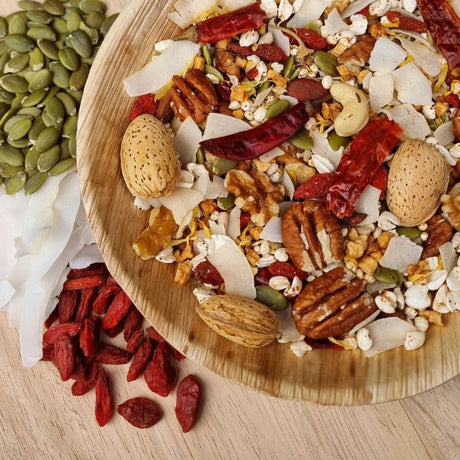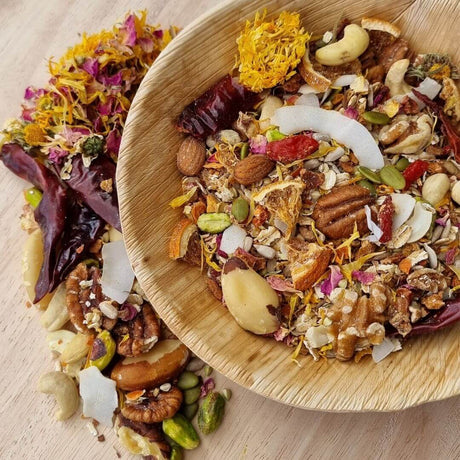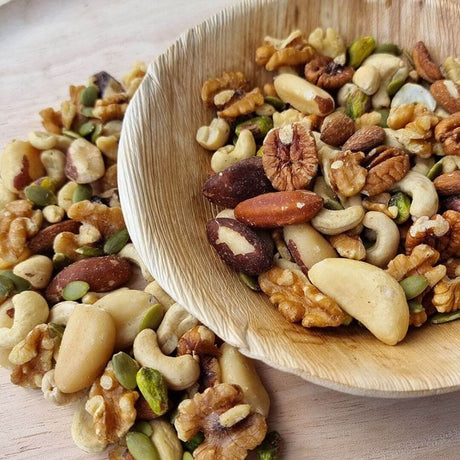Discover the ultimate 2025 guide to 200 parrot-safe and toxic foods, covering fruits, vegetables, nuts, seeds, plants and household hazards. Use the quick-search bar to find any item instantly.
Quick Search
Safe Fruit
Apple (Avoid the seeds)
Apricot
Banana
Blackberry
Blood orange
Blueberry
Boysenberry
Cherry
Coconut
Cranberry
Custard Apple – no seed
Dates – dried
Desert Lime
Dragon Fruit
Durian
Feijoa
Fig
Finger Lime
Goji Berries
Gooseberries
Grape
Grapefruit
Guava
Honeydew Melon
Jaboticaba
Jack Fruit
Kiwifruit
Kumquat
Lemon
Lime
Lychee – no seed
Mandarin
Mango
Mulberry
Nashi Pear
Nectarine – no seed
Orange
Papaya
Passionfruit
Paw Paw
Peach – no seed
Pear
Persimmon
Pineapple
Plum – no seed
Pomegranate
Quandong
Quince
Raspberry
Rockmelon
Rose Apple
Salak
Sapote Fruit
Soursop
Star Fruit
Strawberry
Tamarillo
Tamarind
Tangelo
Tangerine
Watermelon
Young Berry
Safe Vegetables and Herbs
Artichoke
Beans
Beetroot - including leaves
Bok Choy
Basil
Brussel Sprouts
Broccoli - including leaves
Capsicums - whole
Carrots and Carrot Tops
Cauliflower - Including leaves
Zucchini
Fennel
Ginger root
Jalepeños
Kale
Marjoram
Okra
Oregano
Parsnips
Pumpkin - including seeds
Parsley
Radish - including leaves
Turnips - including leaves
Chard
Chilli - including seeds
Choko
Celery
Cilantro
Chamomile
Corn
Cucumber
Dandelions
Dill
Endive
Watercress
Rocket
Radicchio
Silver Beet
Swiss Chard
Snow Peas
Sugar Snap Peas
Sweet Potato - steamed
Squash
Swede
Taro
Thyme
Shop Bird Food
View allSafe Nuts
Almonds
Pistachios
Brazil nuts
Bunya Pine nuts
Cashews
Walnuts
Gum nuts
Hazelnuts
Macadamia nuts
Pine nuts
Peanuts – roasted only
Pecans
Safe Seeds, Beans and Legumes
Alexandra Palm Seeds
Alfalfa
Barley
Black Sunflower
Rice – Brown or White (cooked)
Safflower
Blue Peas
Broccoli Seeds
Buckwheat
Canary
Capsicum Seeds
Carrot Seeds
Chickpea
Chilli Seeds
Corn
Dun Peas
Shirohie Millet
Sorghum
Grey Stripe Sunflower
Hulled Oats
Japanese Millet
Lentils
Linseed
McArthur Palm Seeds
Mung Beans
Spinach Seeds
Niger Seed
Quinoa
Oats
Panicum (millet type)
Panorama (millet type)
Pumpkin Seeds
Queen Palm Seeds
Quinoa
Rape/Canola Seeds
Red Panicum (millet type)
Sunflower Seeds
Wheat
Safe Plants
Alexandra Palm leaves
Aloe
Bamboo (NOT Lucky Bamboo)
Banksia
Bay tree
Beech
Begonia
Bottlebrush
Bunya Pine branches/leaves
Cactus Pear
Callistemon
Date Palm leaves
Dwarf Date leaves
Foxtail Palm leaves
Gardenia
Golden Cane leaves
Grevillea
Gum (Eucalyptus)
Hazelnut
Yucca
Guava
Lilly Pilly
Magnolia
Melaleuca (Paperbark)
Moreton Bay Fig
Mulberry
Pandanus leaves
Paw Paw
Pine
Rose Hip
Ironbark (Eucalyptus)
Jacaranda
Toxic for Parrots
Alcohol
Apple seeds – high amounts
Avocado
Cheese
Chives
Chocolate
Peanut Butter
Coffee/Tea
Cologne/Perfume
Deodorants
Junk foods
Leeks
Makeup
Mouldy foods or grains
Mushrooms
Onion
Rhubarb
Salt
Soft drinks
Spray and Wipe – Kitchen Cleaner
Cigarette/Cigar Smoke
Aerosol Products
Paint and Varnish Fumes
Teflon/Non-stick Cookware Fumes
Pesticides/Insecticides
Rodenticides/Mouse Poisons
Mothballs
Scented Candles and Incense
Furniture Polish and Household Cleaners
Copper
Zinc
Essential Oil Diffusers
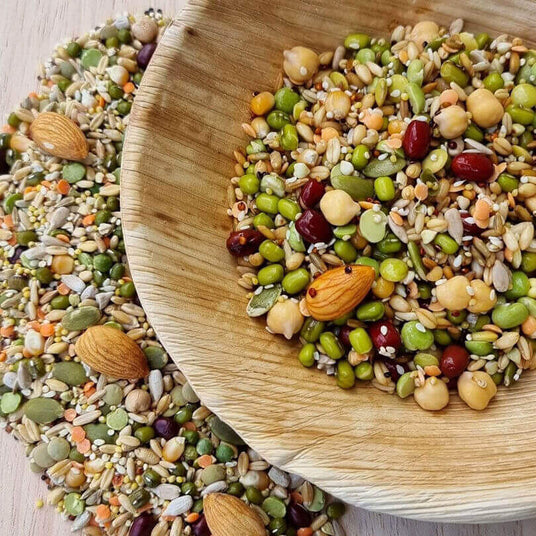
Watch Your Bird Thrive
Nutrient Boost: Soaking and sprouting break down enzyme inhibitors and increase vitamins/minerals.
Easier Digestion: Sprouts require less digestive effort, which is especially helpful for young, older, or recovering birds.
Foraging Enrichment: Sprouted blends encourage natural pecking and chewing behaviour, reducing boredom.

